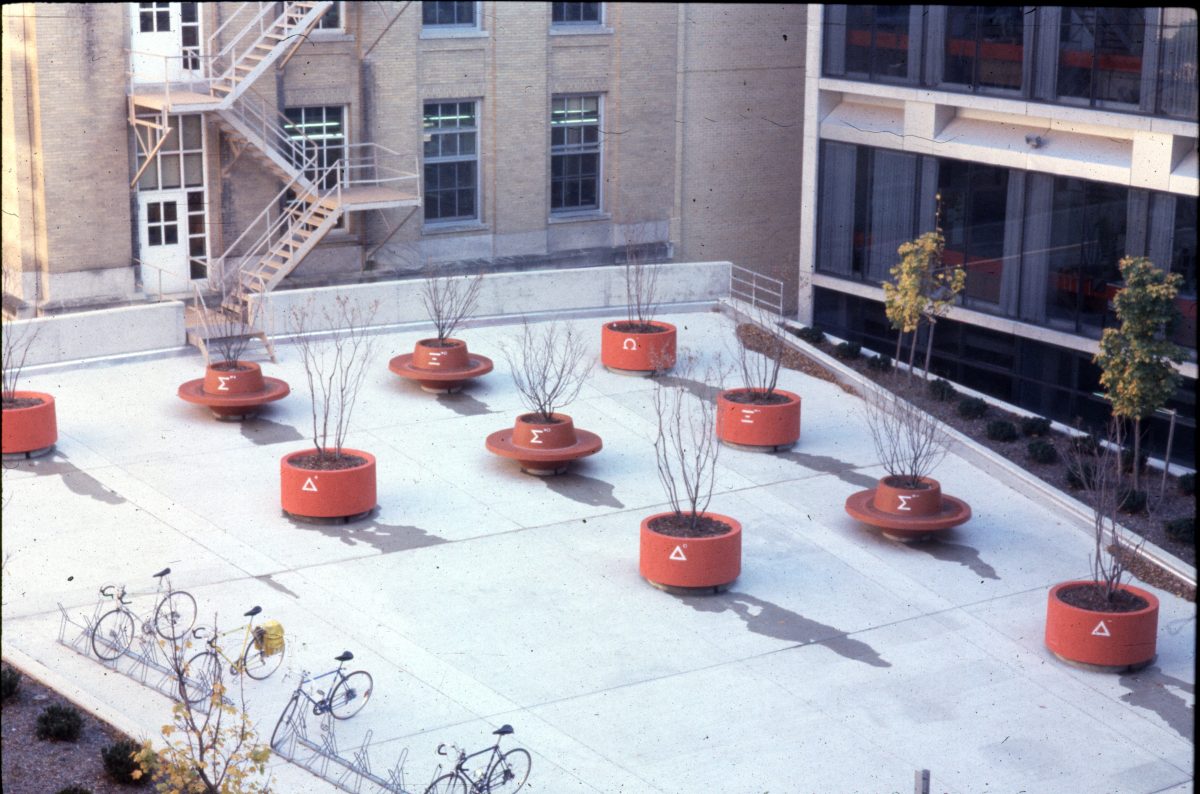On September 20, Prof. Francis Halzen was presented with the 2018 Bruno Pontecorvo Prize. This international award is presented annually by the Joint Institute for Nuclear Research Scientific Council for achievements in elementary particle physics. Congrats!
Month: September 2019
Detailed PICture reveals how tooth enamel is strong enough to last a lifetime
In new research published Sept. 26 in the journal Nature Communications, Physics professor Pupa Gilbert and her collaborators, including MIT engineering Professor Markus Buehler and University of Pittsburgh oral biology Professor Elia Beniash, used advanced imaging techniques to see a clearer picture of the organization of individual enamel crystals in human teeth. They found that these crystals are not perfectly aligned, as had been previously thought, and that this misorientation likely deflects cracks, leading to enamel’s lifelong strength.
Prof. Sau Lan Wu earns DOE award in Quantum Information Sciences
The US Department of Energy recently announced the funding of another set of quantum science-driven research proposals, including that of Sau Lan Wu, Enrico Fermi professor of physics and Vilas Professor at the University of Wisconsin–Madison. With the funding, Wu and her collaborators seek to tap into the power of quantum computing to analyze the wealth of data generated by high energy physics experiments.
The title of Wu’s DOE approved project is: “Application of Quantum Machine Learning to High Energy Physics Analysis at LHC using IBM Quantum Computer Simulators and IBM Quantum Computer Hardware”.
Maxim Vavilov, Tulika Bose elected 2019 APS Fellows
Professors Tulika Bose and Maxim Vavilov have been elected 2019 American Physical Society Fellows. The APS Fellowship Program recognizes members who have made exceptional contributions to the physics enterprise in physics research, important applications of physics, leadership in or service to physics, or significant contributions to physics education. Each year, no more than one half of one percent of the Society membership is recognized by their peers for election to the status of Fellow in the American Physical Society. This year, 168 Fellows were selected and recognized for their contributions to science. Congrats, Tulika and Maxim!
Flashback: 1978 Chamberlin and Sterling Courtyard/Camerini Decuplet – recognize your bike?
